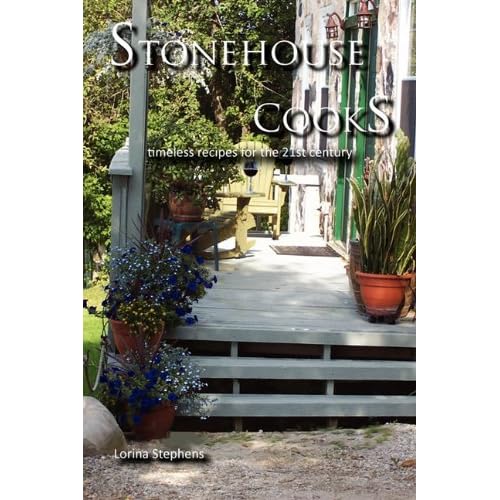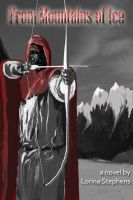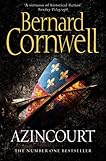I am always amazed by those people who profess to read 100 books a year. This year I managed 20, outside of those I read as a publisher. Of those 20 the following are my top five favourites and ones I'd recommend.
- Such a Long Journey, by Rohinton Mistry: one of those remarkable confluences of astonishingly beautiful writing, tightly crafted plot, and fully-developed characterization.
- A Paradigm of Earth, by founder, and fellow SF Canada member Candas Jane Dorsey, is a remarkable work of literary science fiction.
- North by 2000+, by H.A. Hargreaves; although one of Five Rivers' publications, this collection ticks all the boxes for me, and in many ways reflects Canadian cultural values: tolerance, collective cohesion, and a profound influence of the land on our fundamental nature. The print book releases March 1, 2012. It is now available in eBook through Amazon, Barnes and Noble, Sony, Smashwords, and within six weeks from Apple and Kobo.
- The Damned Busters: To Hell and Back, by Matthew Hughes, is the first time since reading Terry Fallis’ The Best Laid Plans, I actually burst into laughter while reading a book.
- The English Patient, by Michael Ondaatje. This is a deceptively powerful novel, deceptively powerfully written.














